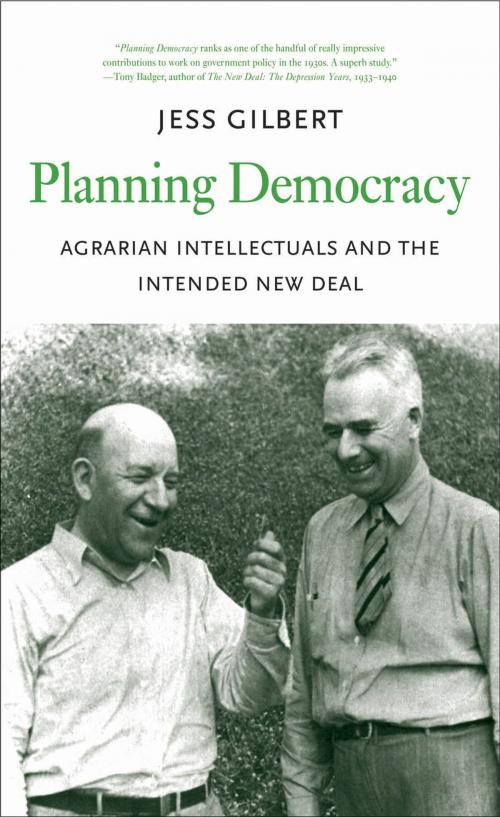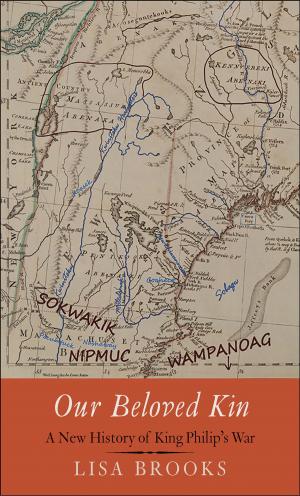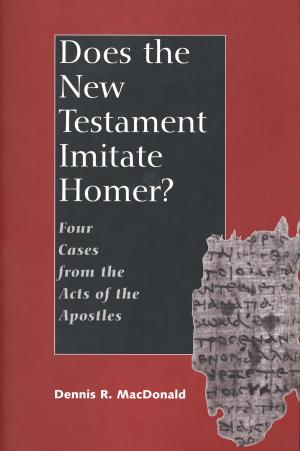Planning Democracy
Agrarian Intellectuals and the Intended New Deal
Nonfiction, Social & Cultural Studies, Political Science, Politics, Regional Planning, Science & Nature, Science, Earth Sciences, Geography, History, Americas, United States, 20th Century| Author: | Jess Gilbert | ISBN: | 9780300213393 |
| Publisher: | Yale University Press | Publication: | April 28, 2015 |
| Imprint: | Yale University Press | Language: | English |
| Author: | Jess Gilbert |
| ISBN: | 9780300213393 |
| Publisher: | Yale University Press |
| Publication: | April 28, 2015 |
| Imprint: | Yale University Press |
| Language: | English |
Late in the 1930s, the U.S. Department of Agriculture set up a national network of local organizations that joined farmers with public administrators, adult-educators, and social scientists. The aim was to localize and unify earlier New Deal programs concerning soil conservation, farm production control, tenure security, and other reforms, and by 1941 some 200,000 farm people were involved. Even so, conservative anti–New Dealers killed the successful program the next year. This book reexamines the era’s agricultural policy and tells the neglected story of the New Deal agrarian leaders and their visionary ideas about land, democratization, and progressive social change.
Late in the 1930s, the U.S. Department of Agriculture set up a national network of local organizations that joined farmers with public administrators, adult-educators, and social scientists. The aim was to localize and unify earlier New Deal programs concerning soil conservation, farm production control, tenure security, and other reforms, and by 1941 some 200,000 farm people were involved. Even so, conservative anti–New Dealers killed the successful program the next year. This book reexamines the era’s agricultural policy and tells the neglected story of the New Deal agrarian leaders and their visionary ideas about land, democratization, and progressive social change.















